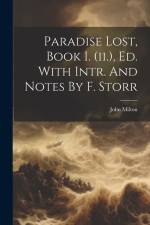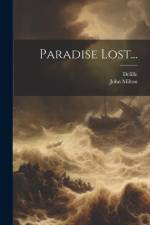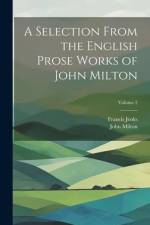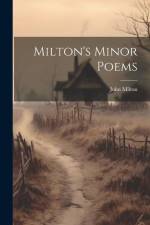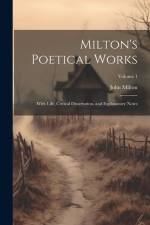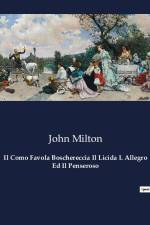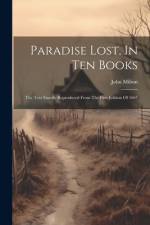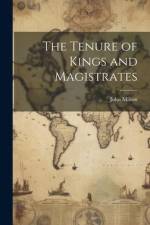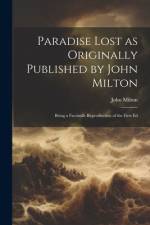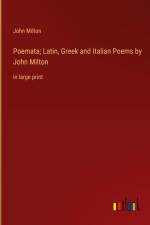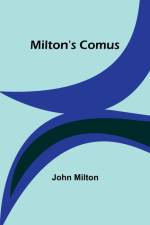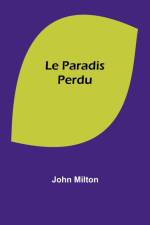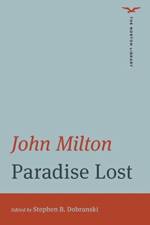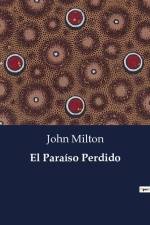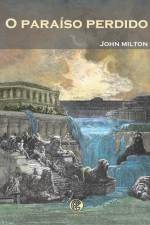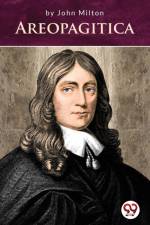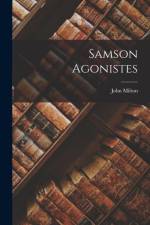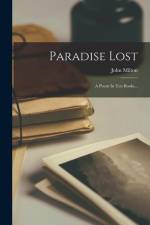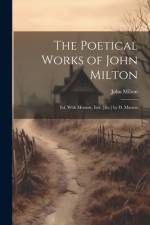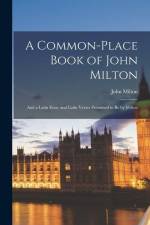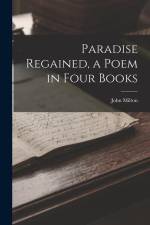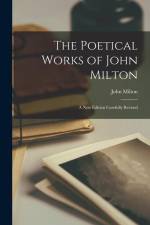av John Milton
405,-
Paradise Lost is an epic poem in blank verse by the 17th-century English poet John Milton (1608-1674). The first version, published in 1667, consists of ten books with over ten thousand lines of verse. A second edition followed in 1674, arranged into twelve books (in the manner of Virgil's Aeneid) with minor revisions throughout. It is considered to be Milton's masterpiece, and it helped solidify his reputation as one of the greatest English poets of all time. The poem concerns the biblical story of the Fall of Man: the temptation of Adam and Eve by the fallen angel Satan and their expulsion from the Garden of Eden. In his introduction to the Penguin edition of Paradise Lost, the Milton scholar John Leonard notes, "John Milton was nearly sixty when he published Paradise Lost in 1667. The biographer John Aubrey (1626-1697) tells us that the poem was begun in about 1658 and finished in about 1663. However, parts were almost certainly written earlier, and its roots lie in Milton's earliest youth." Leonard speculates that the English Civil War interrupted Milton's earliest attempts to start his "epic [poem] that would encompass all space and time." Leonard also notes that Milton "did not at first plan to write a biblical epic." Since epics were typically written about heroic kings and queens (and with pagan gods), Milton originally envisioned his epic to be based on a legendary Saxon or British king like the legend of King Arthur. Having gone blind in 1652, Milton wrote Paradise Lost entirely through dictation with the help of amanuenses and friends. He also wrote the epic poem while often ill, suffering from gout, and suffering emotionally after the early death of his second wife, Katherine Woodcock, in 1658, and their infant daughter. ... About the author: John Milton (9 December 1608 - 8 November 1674) was an English poet, author, polemicist, Puritan and civil servant for the Commonwealth of England. He is best known for his epic poem Paradise Lost.He was a scholarly man of letters, a polemical writer, and an official serving under Oliver Cromwell. He wrote at a time of religious and political flux in England, and his poetry and prose reflect deep convictions, but also dealing with contemporary issues, such as his treatise condemning censorship, Areopagitica. As well as English, he wrote in Latin and Italian, and had an international reputation during his lifetime.After his death, Milton's critical reception oscillated, a state of affairs that continued through the centuries. At an early stage he became the subject of partisan biographies, such as that of John Toland from the nonconformist perspective, and a hostile account by Anthony à Wood. Samuel Johnson described him as "an acrimonious and surly republican"; but William Hayley's 1796 biography called him the "greatest English author". He remains generally regarded "as one of the preeminent writers in the English language and as a thinker of world importance."

